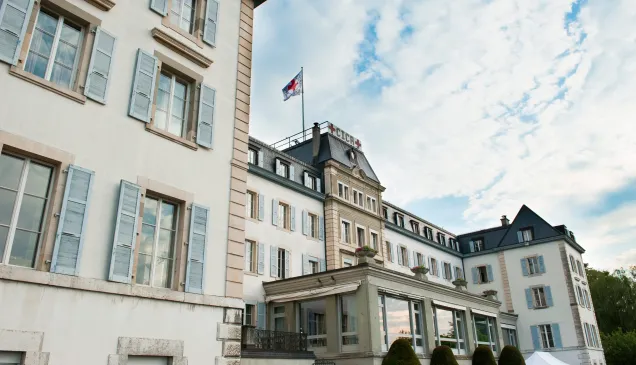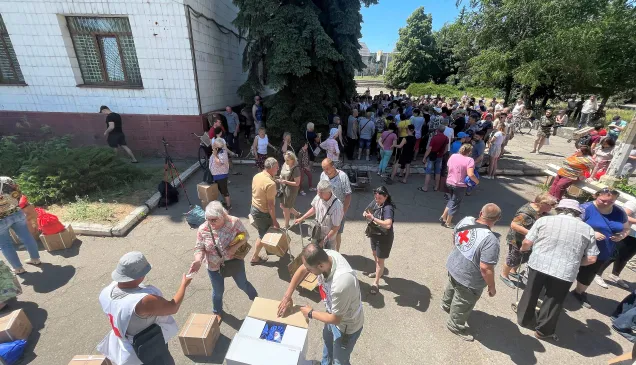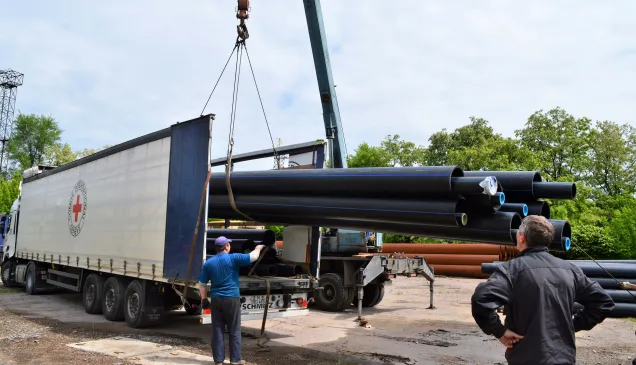The last goodbye…
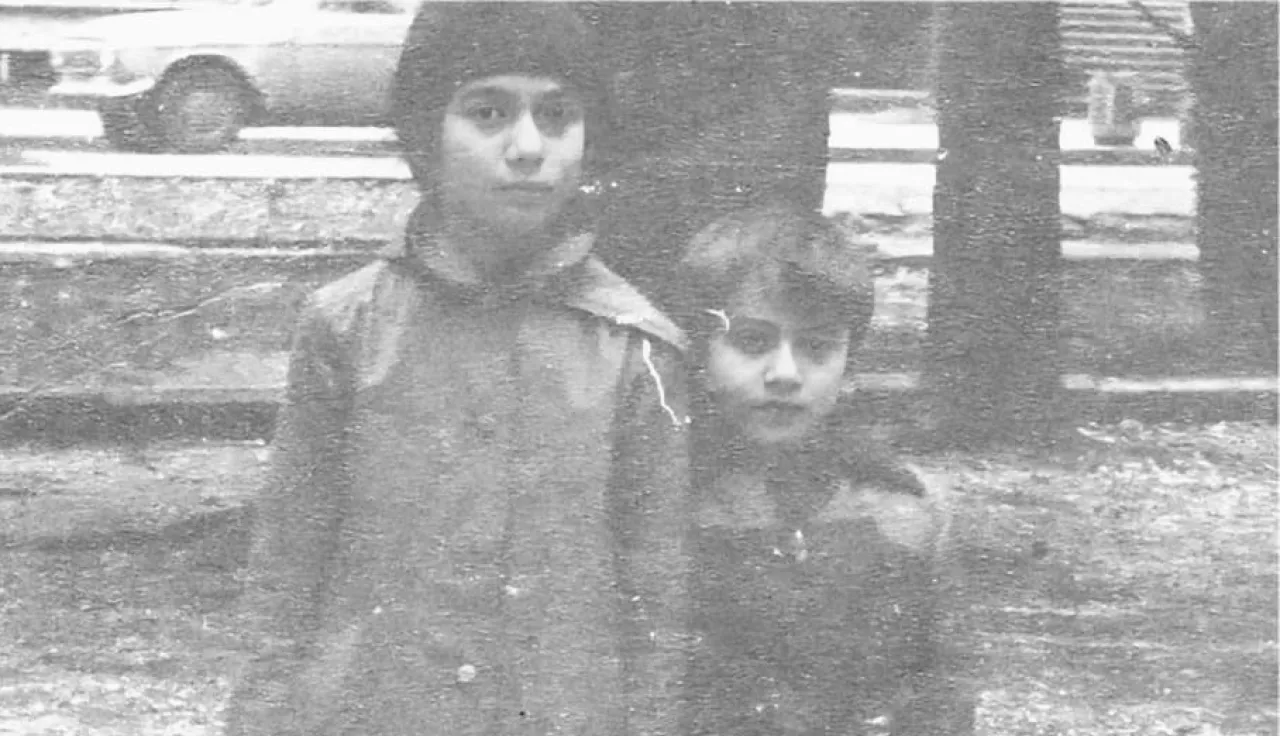
Two Abkhaz women talk about the last time they saw their family members before they went missing
“We had coffee together, our little family tradition. Then he hugged us and left. That was the last time we saw him,” Aida Khonelia said, remembering the last time she saw her younger brother, Eduard Khonelia, 31 years ago. Eduard is among 1,867 people, who are still reported missing in connection with the armed conflict of 1992–1993 in Abkhazia.
“He was a mild-mannered child with diverse interests. He loved reading and collected mini toy models of cars. He enjoyed playing games, and we used to spend a lot of time together in a park near our house. He grew up to be a responsible teenager who took care of our mother and was always well-behaved,” she said.
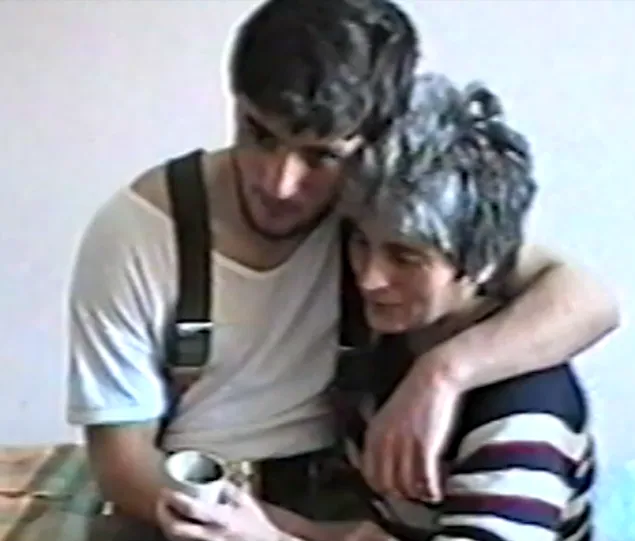
Eduard Khonelia with his mom.
Eduard was 17 years old when he decided to join the fighting, shortly after the conflict began in 1992. “Our mother failed to convince him to change his mind. It was the first and last time he disobeyed her and went against her will,” Aida recounted. “He would occasionally return home from the front lines to spend some time with us. In September 1993, he came home for a very short visit, as he had to return to his unit urgently. Our mother got very emotional and started crying after seeing him. I was a little worried too, but I never imagined that something bad would happen to him. I thought that he would be back home again for another visit.”
“Unfortunately, my mother passed away, three years ago, full of sorrow about not knowing what happened to her missing son. She had always remained hopeful, even till her last day, that one day Eduard would open the door and walk in with the usual smile on his face,” Aida said. “But life goes on, and I still hope one day I will have a grave for him.”
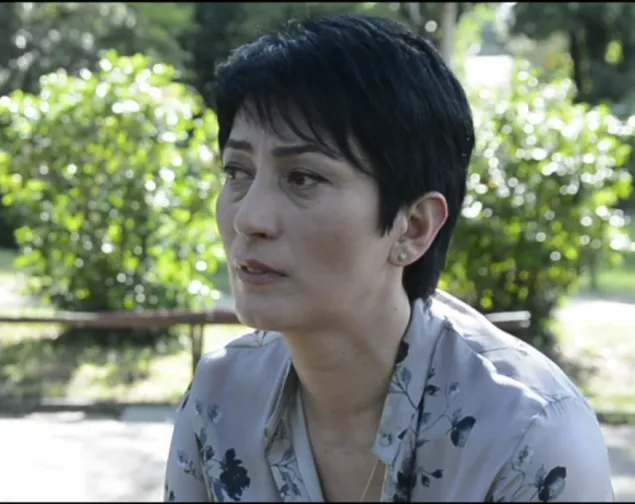
Aida Khonelia
The Coordination Mechanism on Persons Unaccounted For in Connection with the Events of the 1992–1993 Armed Conflict and After, which has operated since 2010 with support from the International Committee of the Red Cross (ICRC), continues working to determine what happened to people, like Eduard and Boris, who went missing in connection with the conflict.
“One day, shortly before he went missing, Boris somehow managed to come home from the front lines. That day, we both somehow knew that this was our last conversation and that only God had control over our destinies,” Mzia Beiya said, thinking back about the last meeting with her husband, Boris Inapshba, who went missing in March 1993.
“Boris and I met as two young people who were both part of an amateur theatre group. We used to stage interesting performances where we would often play the roles of each other’s romantic interests. Soon, the on-stage romance blossomed into real-life love, and were happily together for 13 years before the conflict cut short our love story,” she said.
“As we spoke, he urged me to take care of myself, saying, ‘Our son needs his mother.’ I could only say, ‘Our son needs his father too, so take care of yourself, please.’ As we exchanged these words, he took out a small bouquet of dried flowers from the inner pocket of his jacket, "I wore these flowers for a few days before giving them to you.’ I thanked him and took those dry flowers… the last bouquet from my husband,” Mzia said, reminiscing the cherished memory of their last encounter.
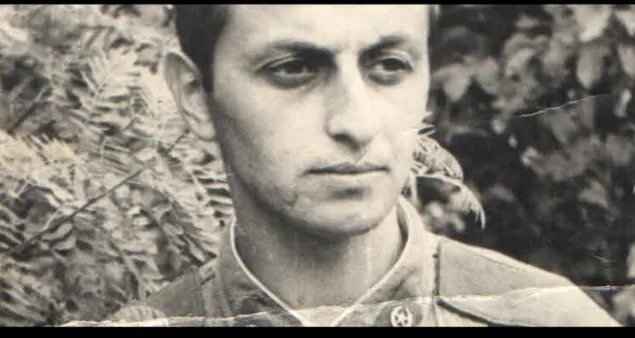
Boris Inapshba (husband of Mzia Beja).
On 21 June 2015, Mzia and her family had the opportunity to bury the remains of Boris in the family cemetery. “Now my soul is calm, because my son knows where his father is buried, and my grandchildren will also know. We know where to go and lay the flowers in his memory,” she said.
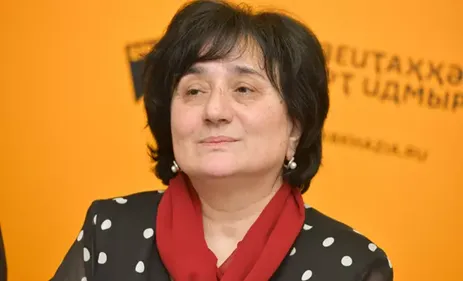
Mzia Beja.
So far, under the humanitarian mandate of the Coordination Mechanism, the remains of 539 people have been recovered. 285 of them have been identified and handed over to their families.

